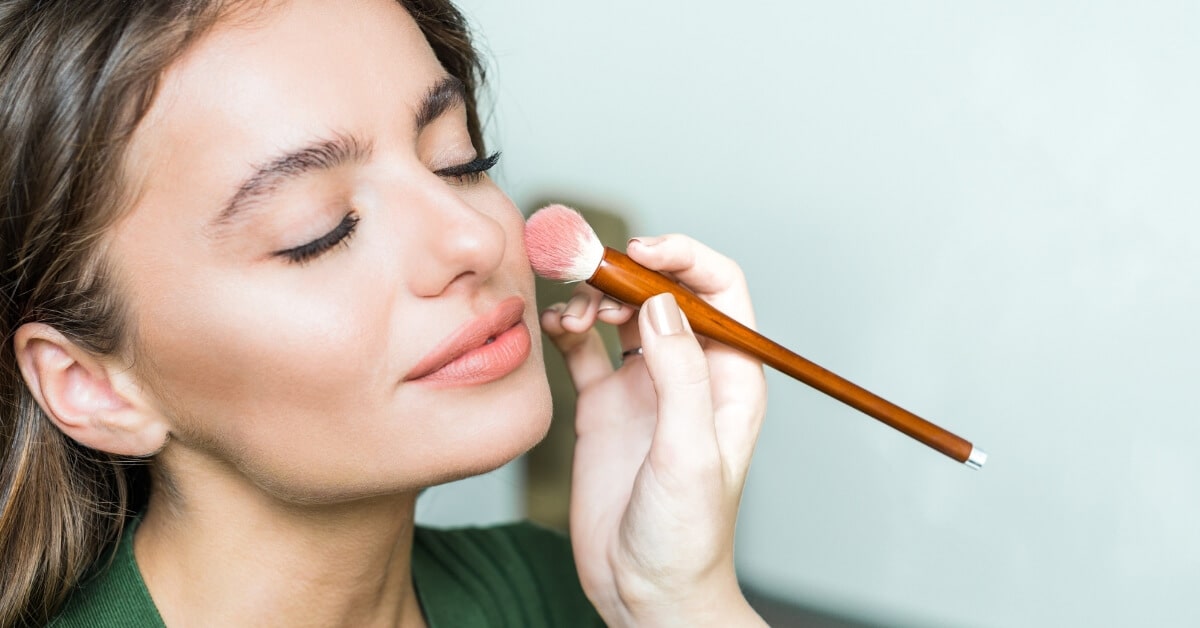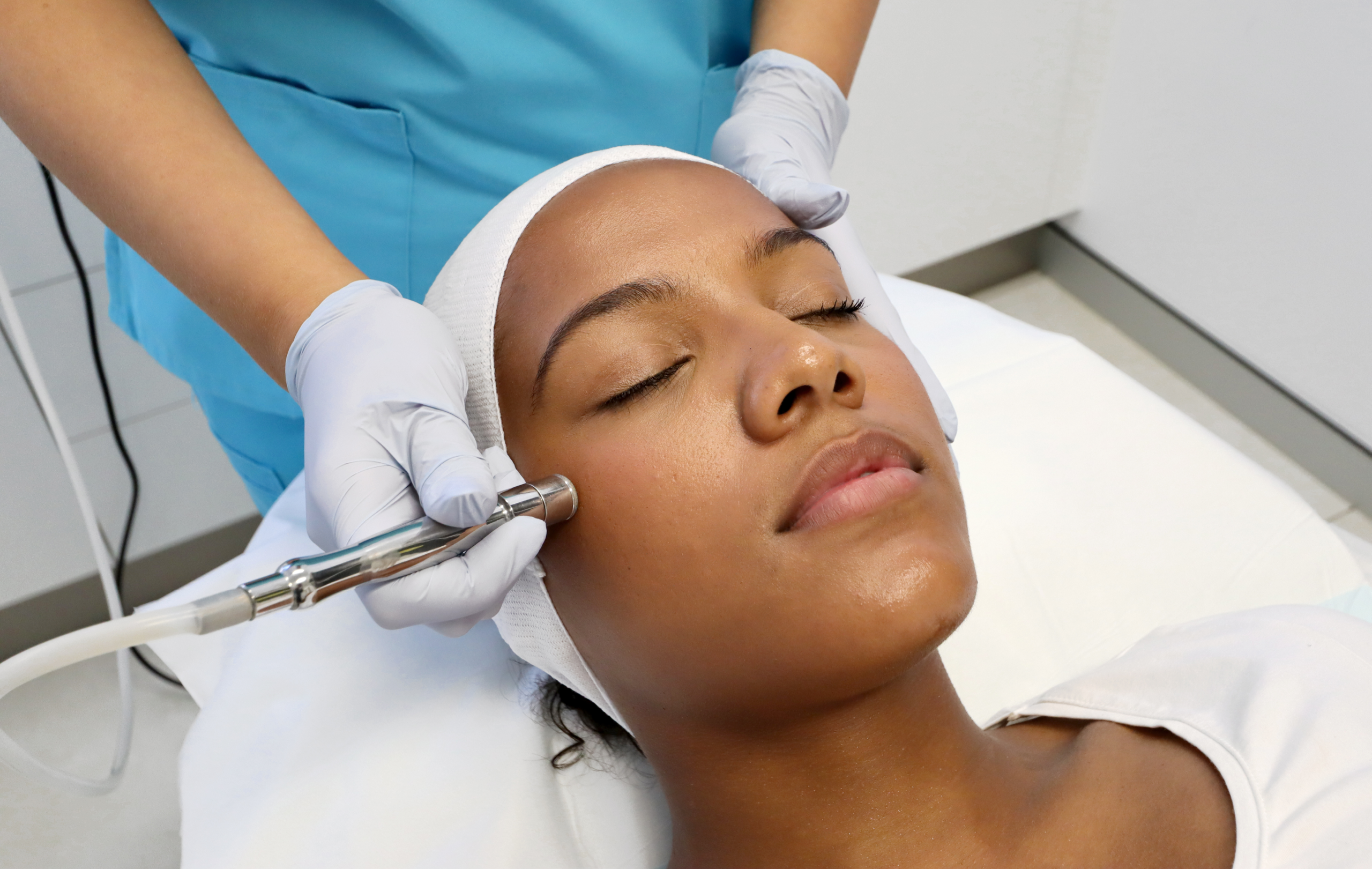Dermal technician and Australian Skin Clinics national training manager, Darlene O’Gara, explains the surprising (and not-so surprising) things that can play havoc with your skin – and what you can do to minimise the damage.
Make-up
“The most common reaction people can experience from make-up includes rashes, acne or blemishes, dryness or oiliness,” says Darlene. Oils in make-up can cause skin breakouts, clogged pores and congestion. Fragrances and certain ingredients can also result in abnormal skin responses. Some health professionals even believe makeup could trigger anaphylactic allergic reactions. Remember to always read the label and if you do notice skin issues, discontinue using the product.
Your pillow
Oils from your hair sit on the surface of your pillowcase and mix with the natural build-up of dirt, bacteria and oil from the surrounding environment before transferring to your skin overnight. “This can result in a micro-irritation of clogged pores and blemishes,” says Darlene. Make sure you change your pillow slip once a week and thoroughly wash your skin before bed.
Bikram yoga
The benefits of Bikram are ‘hotly’ debated among medical and health professionals. Skin concerns from the practice can include “dehydration, a release of toxins on the skin through heavy sweating (which can cause break-outs), and redness and flushing due to the dilation of the blood vessels beneath the skin’s surface.” Avid yogis should make sure they wash their mat thoroughly after each practice, drink lots of water and look for a good scrub that will unclog pores and remove sweat!
Talking on the phone
Dermatologists are reporting a higher rate of mobile-phone related skin issues than ever before. There’s even a new skin condition called ‘Mobile Phone Dermatitis’. Side effects of frequent chatting include red, inflamed skin and acne. “This is due to the spread of bacteria on mobile phones and handsets as well as irritation that can be caused by nickel and other metals found in some phones,” says Darlene. Cleanliness is the key to preventing unwanted skin nasties. Make sure to wipe down your electronics with anti-bacterial wipes, wash your hands frequently and think about where you place your phone.
Your hairstyle
Certain ingredients in haircare products can result in acne, rashes, allergic reactions, dryness and oiliness on the skin. But it’s not just the products you need to be aware of . The way you wear your hair can impact your skin quality, too. “Hair worn down around the face or fringes brushing the forehead can result in transfer of oil from the hair (or hair products) to the skin.”
Medication
“Prescription and non-prescription medicines along with herbal supplements can result in a range of side effects depending on the type of medicine and the individual taking them,” says Darlene. “These can include sensitivity to sunlight resulting in skin pigmentation, rashes, dryness and acne.” Make sure you’re always aware of the side effects of any medicine you take and speak to your doctor if you have any concerns.
Working out
Exercise boosts circulation and oxygen, which are vital for skin health and appearance – just be careful where you work out. “An SPF 50+ sunscreen must be used to reduce the risk of pigmentation and skin cancer,” suggests Darlene. Having a shower after sweating is also important to remove toxins and excess oil that your body has expelled. “Depending on your skin type, regular showers and exercise without proper hydration can cause your skin to become dry,” adds Darlene.
Air con and heating
Climate control at your home or office can dehydrate your skin making it dry and flaky. In turn, this creates other problems. “It can turn plump skin cells into shrivelled ones, resulting in the creation of fine lines and wrinkles,” says Darlene. To conquer this, be sure to moisturise with a hydration-rich cream. Introducing a calming spritz into your regimen is also a fantastic way to boost moisture and antioxidants to help protect your skin. We recommend the Balense Moisturising Spritz.
Pollution
Outdoor pollution has a myriad of side effects that damage our skin. The most common short-term skin problems include dryness, redness, blemishes, clogged pores, congestion and irritation. Long-term, it can mean increased sensitivity, exposing you to a host of issues. We expose our skin to to UV rays, pollutants and bacteria every day – the prime causes of premature ageing, pigmentation and, of course, skin cancer. “To protect your skin, cleanse it thoroughly each day to remove the layers of dirt,” suggests Darlene. “Also, opt for skincare products that have protective ingredients like vitamin A, C and E as well as wearing sunscreen.”










